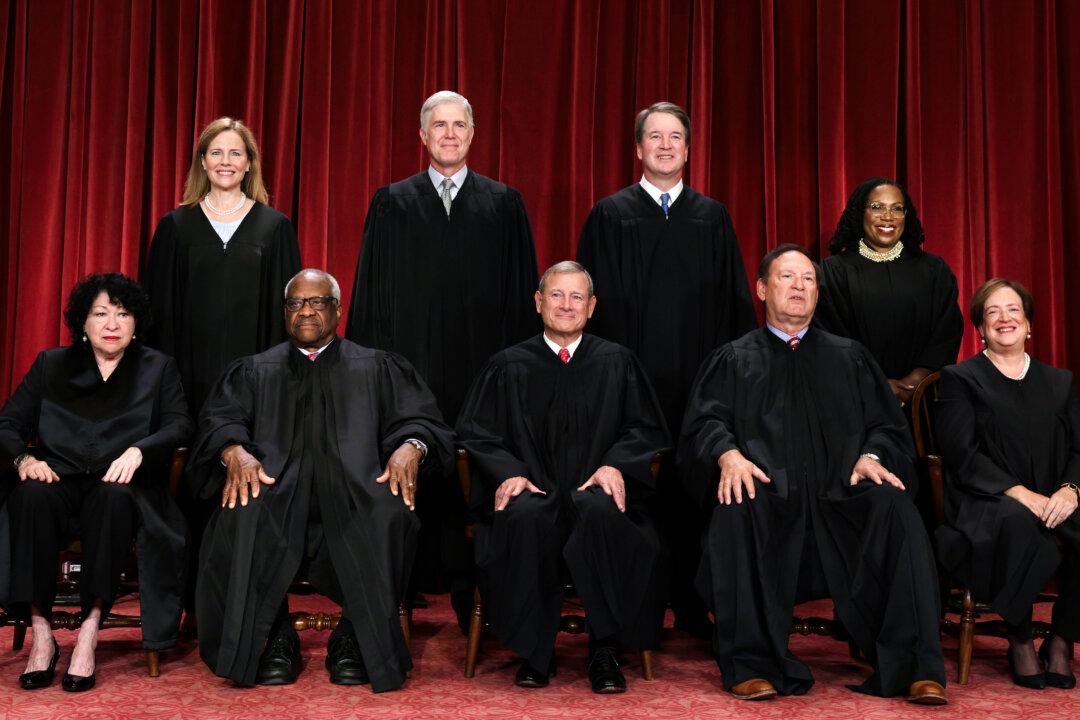Opponents of Illinois’s “assault weapons” ban filed an emergency petition with the U.S. Supreme Court on Nov. 29, asking the justices to block a Democrat-backed ban on certain kinds of semiautomatic rifles and magazines.
The National Association for Gun Rights, firearms store owner Robert Bevis, and his store, Law Weapons & Supply, filed the “emergency application“ after a lower court denied their bid for a preliminary injunction against the statewide ban, as well as a similar ban enacted by the Chicago suburb of Naperville.





